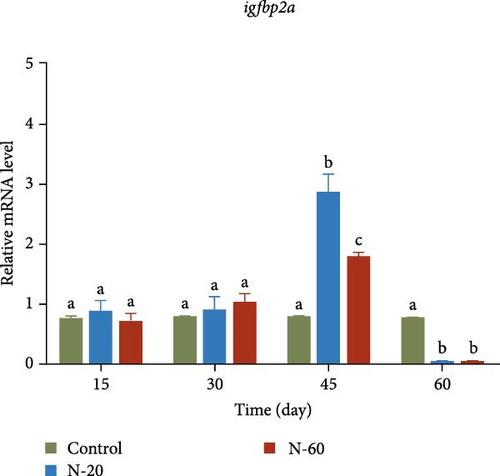The Effect of Dietary Zinc Oxide Nanoparticles on Growth Performance, Zinc in Tissues, and Immune Response in the Rare Minnow (Gobiocypris rarus)
Abstract
In recent years, zinc oxide nanoparticles (ZnO NPs) have gained attention as feed additives due to their high bioavailability. However, research on their impact on fish growth and health is limited. To investigate the influences of dietary addition of ZnO NPs on growth performance and immune function of rare minnow, rare minnows were fed diets with different ZnO NPs content. Growth analysis showed that ZnO NPs had a negative effect on the weight of rare minnow, decreasing and then increasing condition factors (CFs) and specific growth rate. Additionally, the accumulated zinc (Zn) level was significantly higher (p < 0.05), and the liver injury index was significantly higher (p < 0.05) in the dietary ZnO NPs group compared to the control group. The number of erythrocytes and leukocytes in blood samples increased and then decreased after treatment with ZnO NPs. It was further found that ZnO NPs as a dietary supplement significantly increased the Zn content and markedly repressed the expression of growth-related genes after 60 days of accumulation in muscle tissues, and accumulation in liver tissues for 60 days significantly enhanced the expression of immune modulation–related genes expression (p < 0.05). The findings suggested that short-term supplementation of ZnO NPs could positively affect fish growth and immune function. However, prolonged supplementation of dietary ZnO NPs resulted in reduced body weight and compromised immune function owing to the buildup of Zn in different tissues.


 求助内容:
求助内容: 应助结果提醒方式:
应助结果提醒方式:


